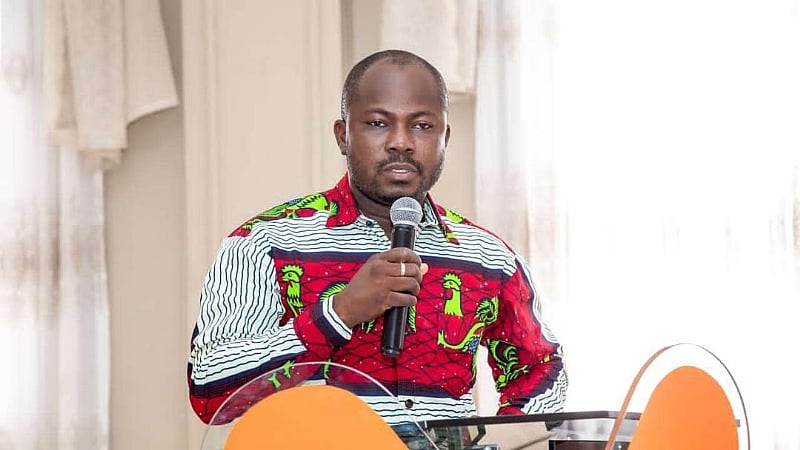The political landscape in Ghana is abuzz with criticisms leveled against President John Dramani Mahama by the opposition New Patriotic Party (NPP). Haruna Mohammed, a Deputy General Secretary of the NPP, has characterized President Mahama as indecisive, arguing that his delayed appointment of ministers reflects a lack of clear direction and a failure to deliver on his campaign promise of a lean government. This critique centers on Mahama’s pledge to appoint only 60 ministers, a significant reduction from the previous administration’s over 100 ministerial appointments. However, over 120 days into his presidency, Mahama has appointed 56 ministers, leaving four positions still vacant. This, according to Mohammed, demonstrates an inability to make timely decisions and effectively manage the government.
The NPP’s critique of Mahama’s leadership extends beyond the ministerial appointments. Mohammed draws a sharp contrast between Mahama’s perceived indecisiveness and what he portrays as the decisive leadership of Dr. Mahamudu Bawumia, the former Vice President and the NPP’s flagbearer for the 2024 elections. Mohammed lauds Bawumia’s political maturity and presents him as a superior leader, capable of providing clear direction and effective governance. This comparison serves to highlight what the NPP perceives as Mahama’s shortcomings and bolster Bawumia’s image as a strong and competent alternative.
The delayed ministerial appointments have become a focal point of political contention in Ghana. While some within the ruling National Democratic Congress (NDC) defend the president’s actions, arguing that the appointments are nearing completion and demonstrate a commitment to a leaner government, the NPP frames the delay as a sign of weakness and indecision. This disagreement underscores the ongoing political battle between the two parties, with each side attempting to frame the situation to their advantage in the eyes of the public. The debate over the ministerial appointments reflects broader concerns about the effectiveness and direction of the government.
The NPP’s criticisms tap into a broader narrative they are constructing around Mahama’s leadership. They seek to portray him as a recycled version of his previous presidency, implying that his current term will be marked by the same perceived shortcomings. By highlighting the delay in ministerial appointments, they aim to reinforce this narrative of indecisiveness and inefficiency. This strategy seeks to undermine public confidence in Mahama’s leadership and position the NPP as a viable alternative. The focus on Bawumia’s perceived strengths further reinforces this message.
The situation surrounding the ministerial appointments reveals the dynamics of political discourse in Ghana. The NPP is actively leveraging the delays to paint a negative picture of Mahama’s leadership, while supporters of the president are attempting to defend his actions and downplay the significance of the delays. This back-and-forth reflects the competitive nature of Ghanaian politics and the ongoing struggle for public perception. The debate underscores the importance of ministerial appointments not only for the practical functioning of government but also as a symbolic representation of leadership and effectiveness.
In essence, the NPP’s criticisms of President Mahama’s ministerial appointments are not solely about the number of ministers or the timeline of their appointments. Rather, the criticisms are part of a larger political strategy aimed at contrasting Mahama’s perceived weaknesses with Bawumia’s strengths. By framing the delays as indicative of indecisiveness and inefficiency, the NPP seeks to undermine public confidence in Mahama’s leadership and position themselves as a more effective alternative for the future governance of Ghana. This political maneuvering highlights the importance of public perception and the strategic use of rhetoric in shaping the political narrative.


